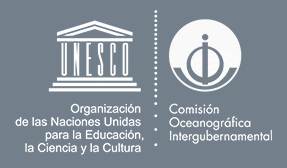Displaying 893 results.
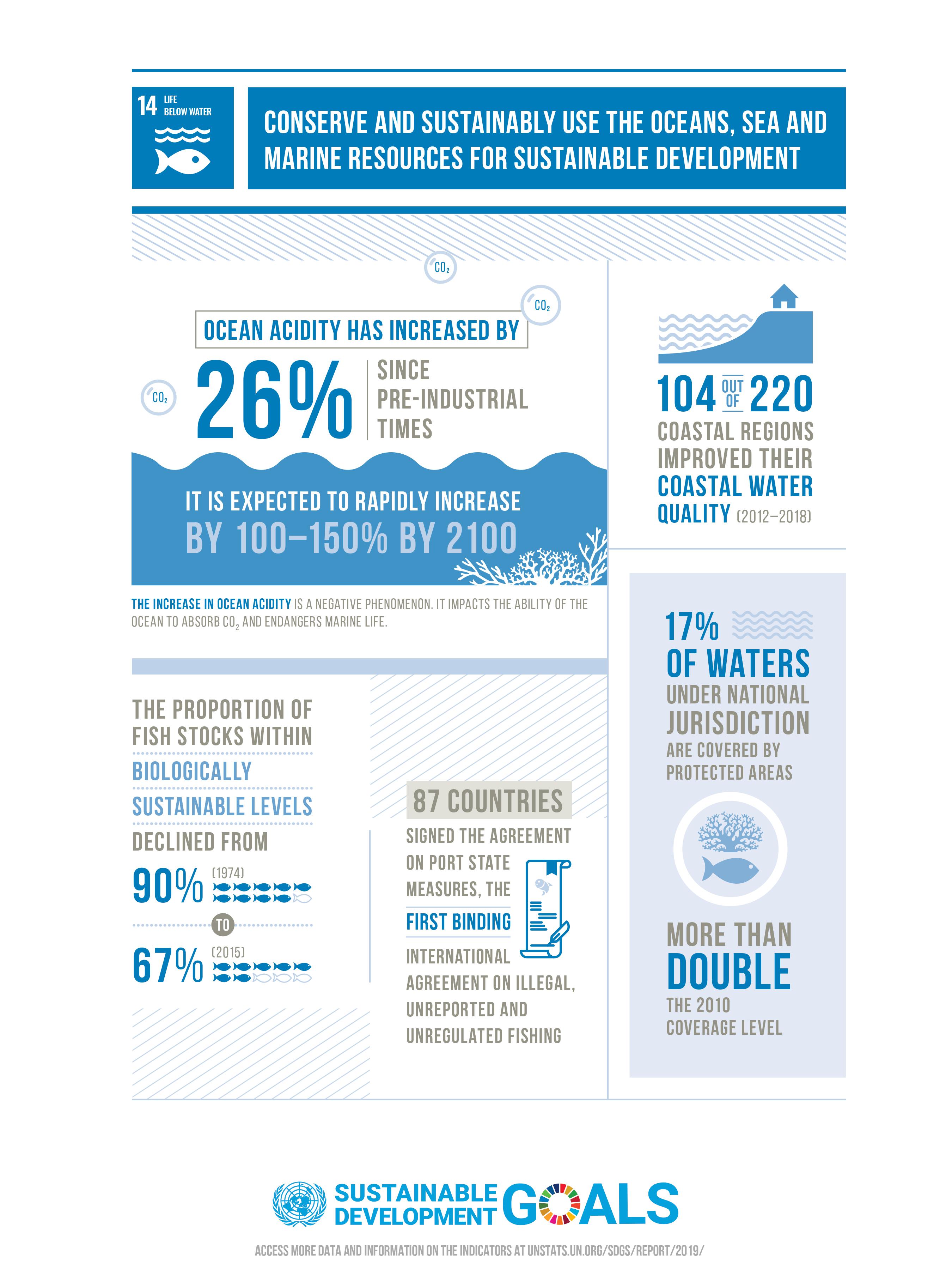
Life Below Water (Infographic)
Oceans provide key natural resources including food, medicines, biofuels and other products. They help with the breakdown and removal of waste and pollution, and their coastal ecosystems act as buffers to reduce damage from storms. Maintaining healthy oceans supports climate change mitigation and adaptation efforts. And have you been to the seaside? It’s also a great place for tourism and recreation. Even more, Marine Protected Areas contribute to poverty reduction by increasing fish catches and income, and improving health. They also help improve gender equality, as women do much of the work at small-scale fisheries.
Author: UN
Year:
Keywords: marine habitats
 11
11


 Report issue
Report issue
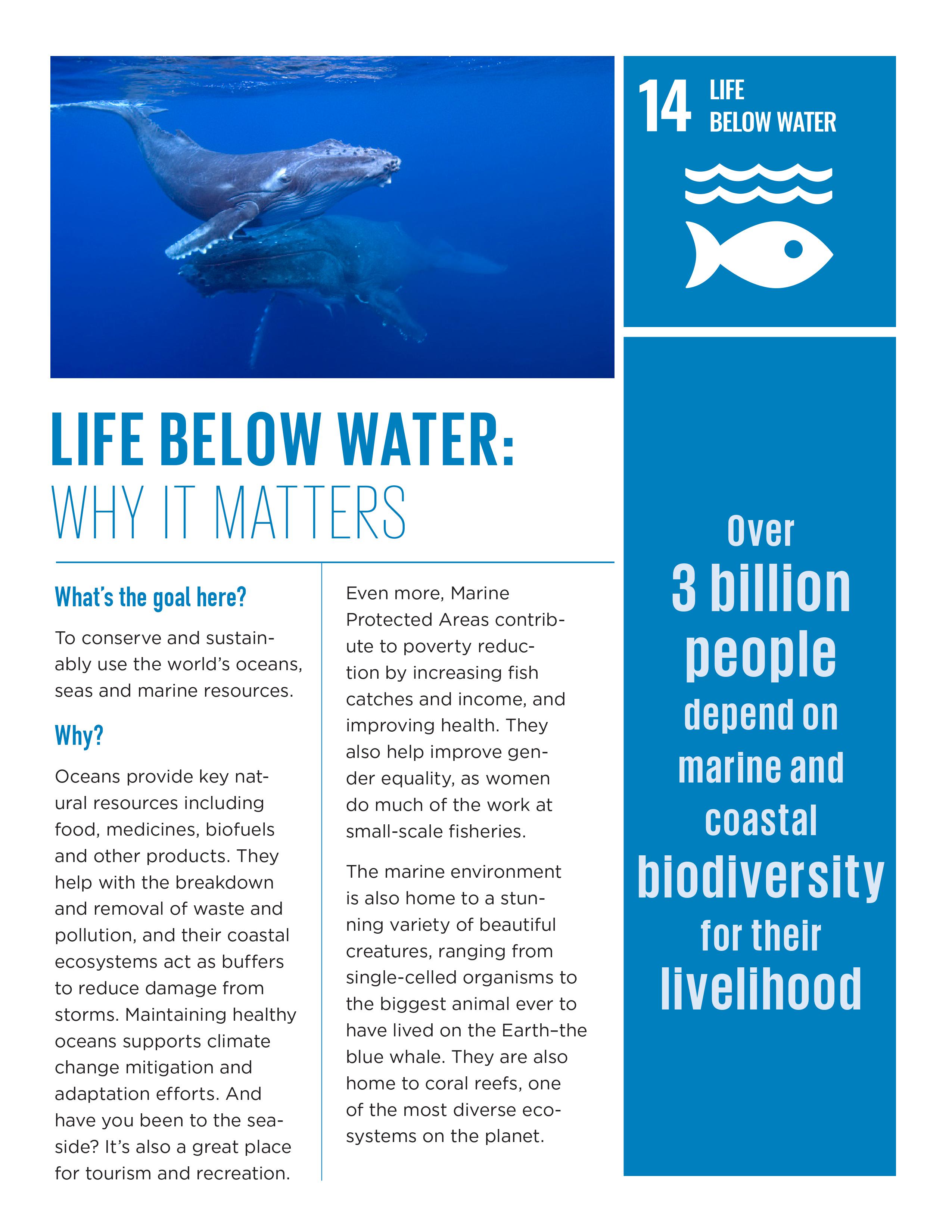
Life Below Water: Why it Matters
Oceans provide key natural resources including food, medicines, biofuels and other products. They help with the breakdown and removal of waste and pollution, and their coastal ecosystems act as buffers to reduce damage from storms. Maintaining healthy oceans supports climate change mitigation and adaptation efforts. And have you been to the seaside? It’s also a great place for tourism and recreation. Even more, Marine Protected Areas contribute to poverty reduction by increasing fish catches and income, and improving health. They also help improve gender equality, as women do much of the work at small-scale fisheries.
Author: UN
Year:
Keywords:
 9
9


 Report issue
Report issue
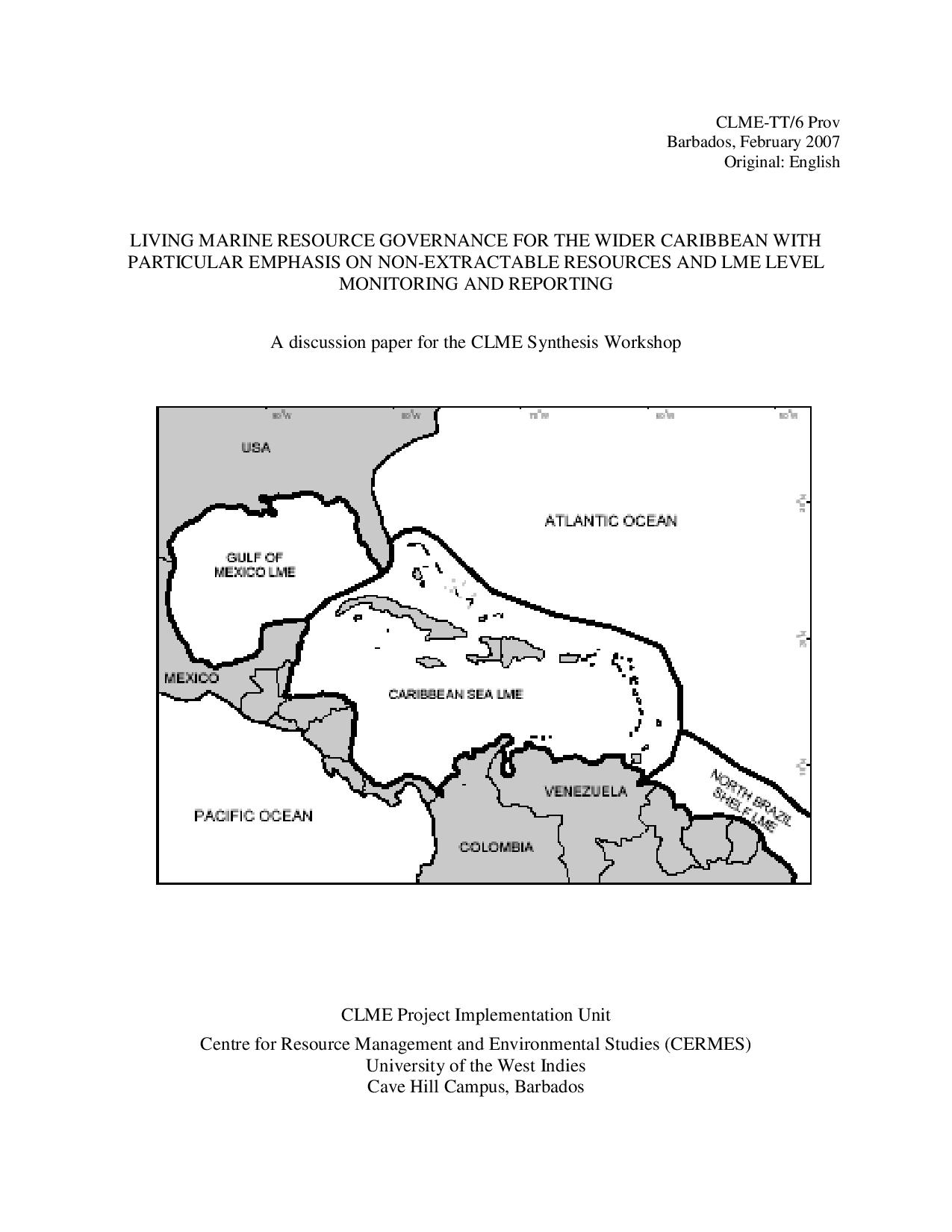
Living Marine Resource Governance For The Wider Caribbean With Particular Emphasis on Non-Extractable Resources And LME Level Monitoring And Reporting – A Discution Papper for The CLME Synthesis Workshop
This paper has been prepared to provide stakeholders and potential partners with an overview of a possible approach to living marine resource governance for the Wider Caribbean with particular emphasis on non-extractable resources and LME level monitoring and reporting. The paper is a companion paper to one that focuses exclusively on the governance of fisheries within the Wider Caribbean.
Author: CERMES
Year: 2007
Keywords: LME, Large Marine Ecosystems
 4
4


 Report issue
Report issue
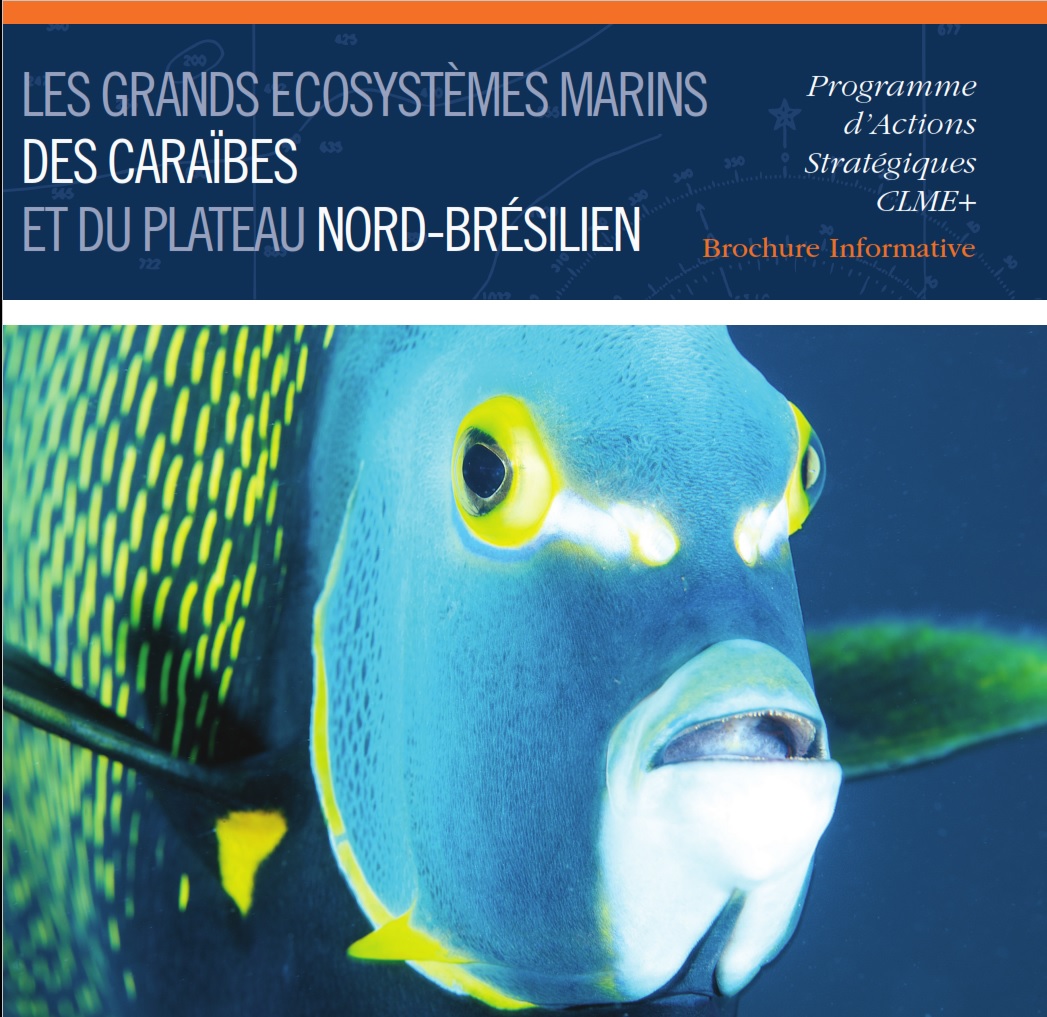
Livret d’information sur Le Programme d’Actions Stratégiques (PAS) CLME+
Cette brochure fournit un rapide aperçu du contexte, des objectifs et de l’étendue du Programme d’Actions Stratégiques pour la Gestion durable des ressources marines partagées dans les grands écosystèmes marins des Caraïbes et du plateau NordBrésilien (région CLME+). Elle met également en évidence pourquoi chacun de nous doit s’engager pour assurer la bonne santé de ces écosystèmes uniques et pourquoi la réalisation de cet objectif est si importante pour les sociétés humaines et l’environnement au niveau international.
Le Programme d’Actions Stratégiques décennal (2015-2025), appelé PAS CLME+, a été élaboré dans le cadre du projet CLME (2009-2014).
Author: CLME+PCU
Year: 2017
Keywords:
 7
7


 Report issue
Report issue
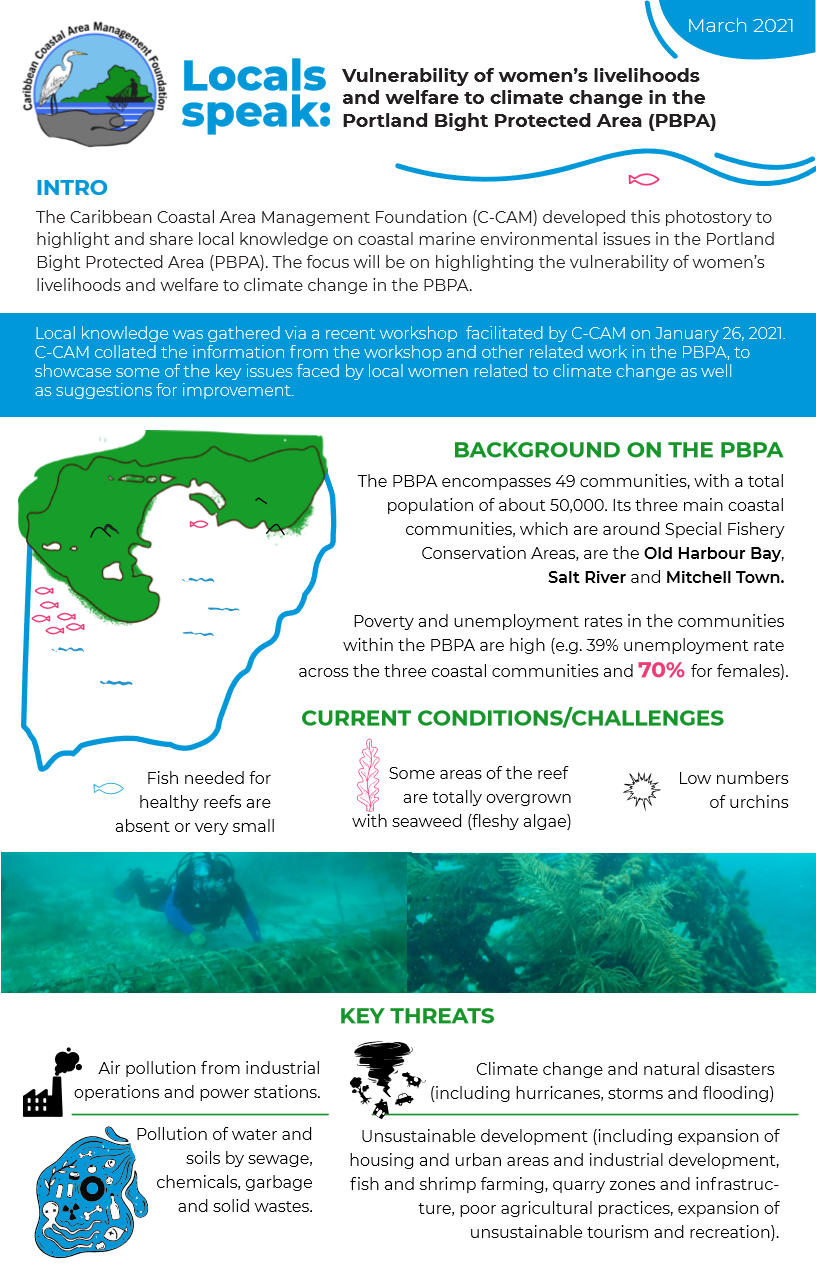
Locals speak: Vulnerability of women’s livelihoods and welfare to climate change in the Portland Bight Protected Area (PBPA)
The Caribbean Coastal Area Management Foundation (C-CAM) developed this photostory to highlight and share local knowledge on coastal marine environmental issues in the Portland Bight Protected Area (PBPA). The focus of the photostory highlights the vulnerability of women’s livelihoods and welfare to climate change in the PBPA.
The Caribbean Natural Resources Institute provided support to C-CAM on the development of the photostory under the regional PISCES project.
Using the local knowledge gathered via a recent workshop facilitated by C-CAM on January 26 2021, C-CAM collated the information from the workshop and other related work in the PBPA, showcasing some of the key issues faced by local women related to climate change as well as suggestions for improvement. Key issues pointed out by local women in the workshop include risks of loss of life, houses, income and livestock, damage to mangroves, food shortages due to drought and price increase of food supplies following natural disasters and the COVID-19 pandemic. Recommendations for addressing impacts from climate change include improving education and awareness, enhancing and diversifying livelihoods, improving water security, shelter and waste management as well as planning and enforcement.
Author: C-CAM
Year: --2021
Keywords: Portland Bight Protected Area (PBPA), Jamaica, fisheries, climate change, women's livelihoods
 5
5


 Report issue
Report issue

Los Arrecifes Coralinos y las Áreas Protegidas Marinas (APMs) en la Región CCAD
Author: CLME+ PCU
Year: 2020
Keywords: Los Arrecifes Coralinos y las Áreas Protegidas Marinas (APMs) en la Región CCAD
 4
4


 Report issue
Report issue
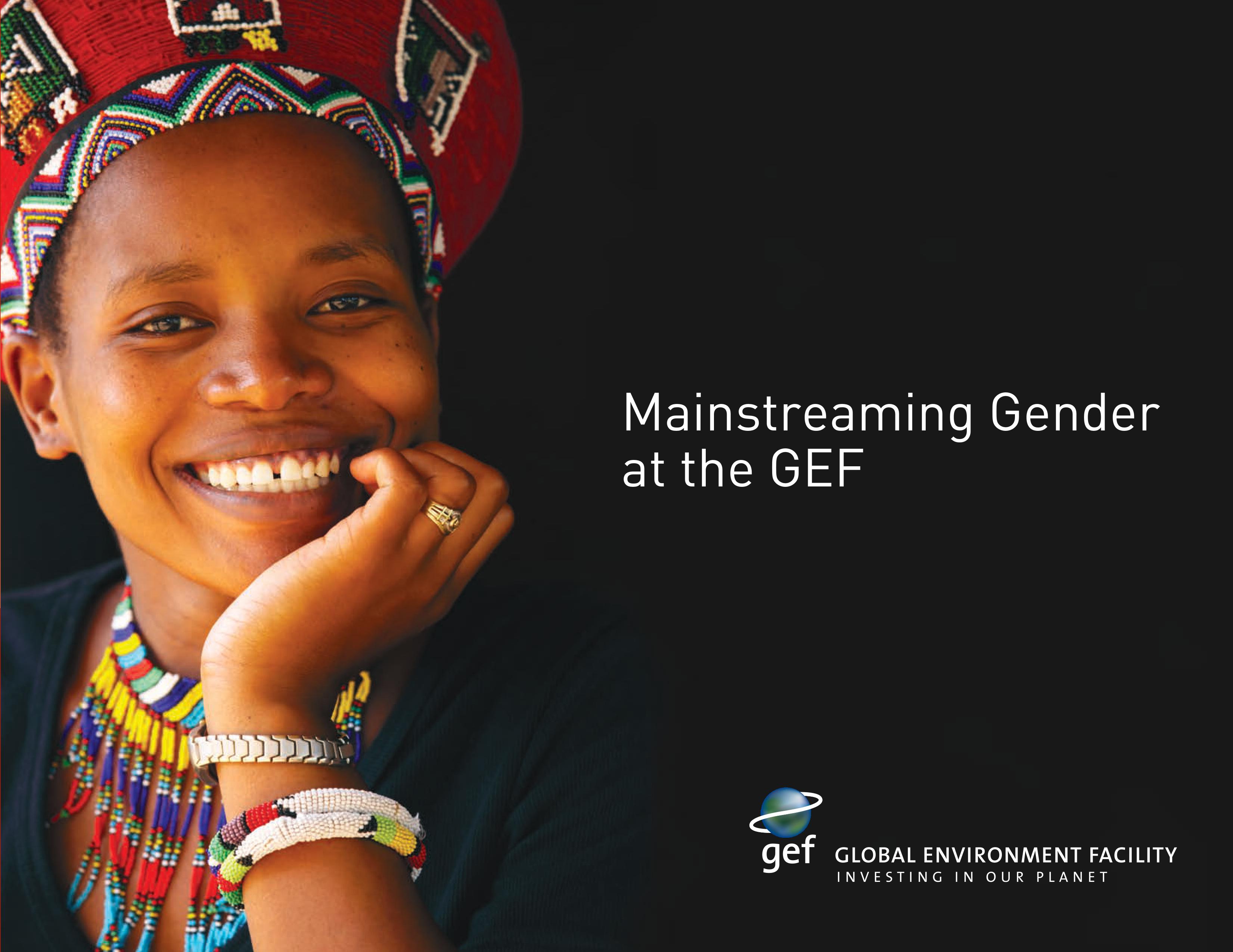
Mainstreaming Gender at the GEF
Gender relations, between women and men, and girls and boys, play a key role in the access to and control over environmental resources and the goods and services that they provide. Accounting for gender dimensions is an important consideration when running projects that address global environmental issues. To be successful, projects must recognize women’s roles as primary land and resource managers, and weigh the different ways women and men consider conservation incentives.
Author: GEF
Year:
Keywords:
 4
4


 Report issue
Report issue

Mainstreaming Gender Equality in Caribbean Fisheries – Final Narrative Report
The Mainstreaming Gender Equality in Fisheries in the Caribbean project aimed to improve sustainable fisheries for women and girls and other vulnerable populations in the Caribbean, in order to advance gender issues, decent work and youth involvement in sustainable development of fisheries. This is in compliance with the policy statement issued at the 8th Special Meeting of the Ministerial Council of the Caribbean Regional Fisheries Mechanism, whereat: “the Council accepted that international and national norms regarding issues pertaining to gender, youth, and decent work be adhered to, and be incorporated into all CRFM policies, protocols, programmes and plans”.
UNDP utilised resources from Global Affairs Canada, through the existing agreement for the CLME+ Flyingfish subproject, with CRFM as a delivery mechanism. This gender mainstreaming initiative will benefit the fisheries sector of the 17 CRFM Member States, specifically fisherfolk, national fisheries agencies and regional organisations charged with supporting fisheries management development in those countries.
Author: CRFM
Year: 2020
Keywords: Mainstreaming Gender, Equality, Fisheries. Gender Mainstreaming
 6
6


 Report issue
Report issue
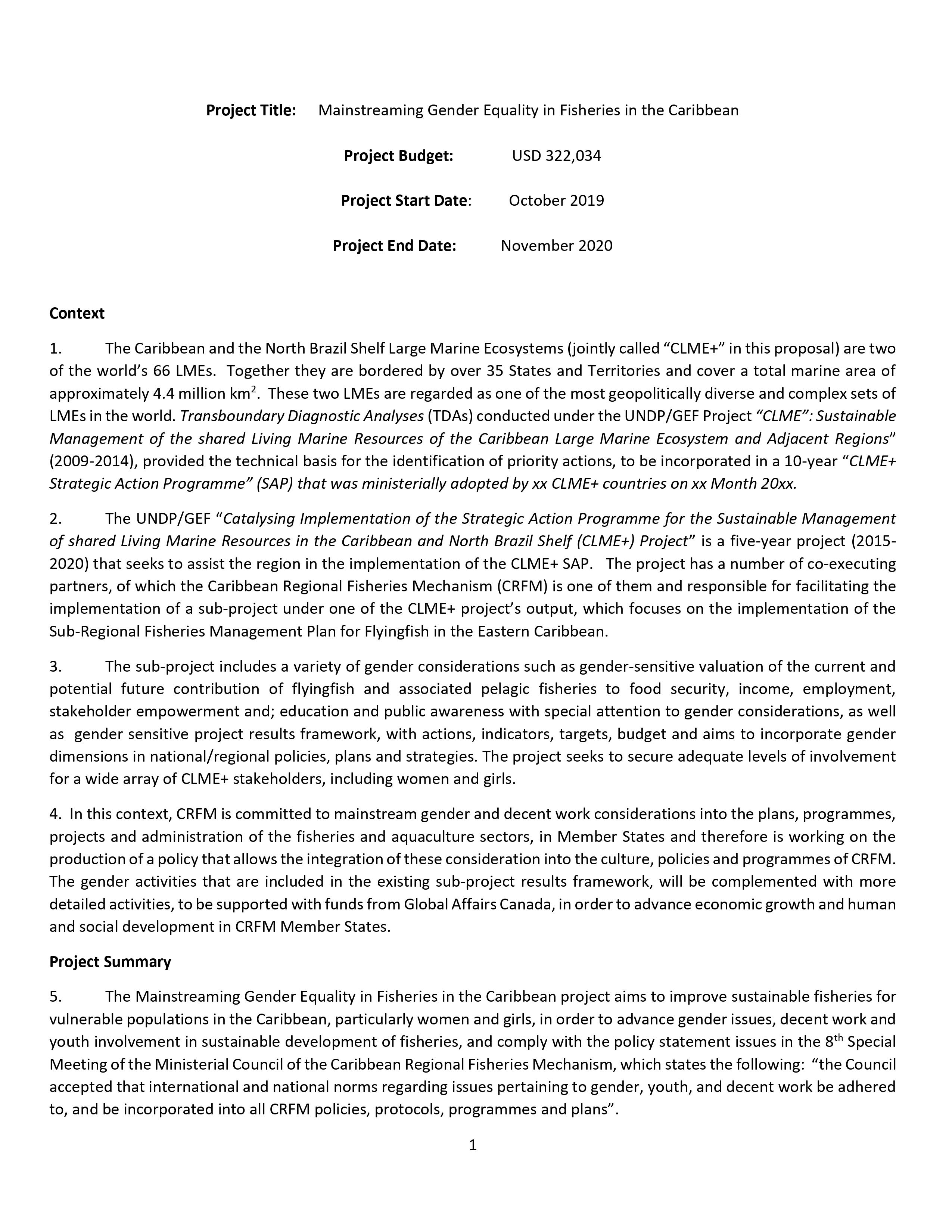
Mainstreaming Gender Equality in Fisheries in the Caribbean
The Mainstreaming Gender Equality in Fisheries in the Caribbean project aims to improve sustainable fisheries for vulnerable populations in the Caribbean, particularly women and girls, in order to advance gender issues, decent work and youth involvement in sustainable development of fisheries, and comply with the policy statement issues in the 8th Special Meeting of the Ministerial Council of the Caribbean Regional Fisheries Mechanism, which states the following: “the Council accepted that international and national norms regarding issues pertaining to gender, youth, and decent work be adhered to, and be incorporated into all CRFM policies, protocols, programmes and plans”.
Author: CLME+ PCU
Year: 2019
Keywords: fisheries
 7
7


 Report issue
Report issue
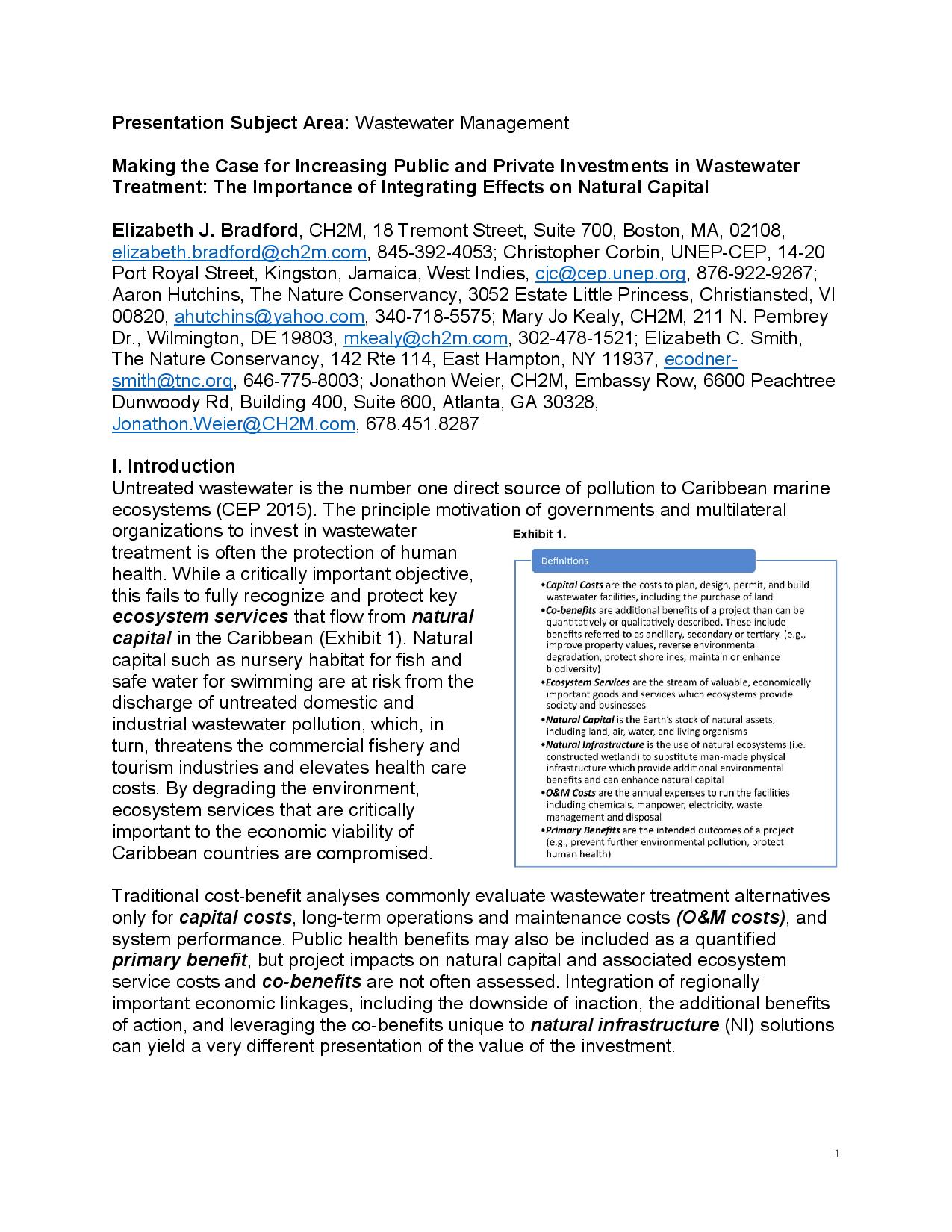
Making the Case for Increasing Public and Private Investments in Wastewater Treatment: The Importance of Integrating Effects on Natural Capital
Untreated wastewater is the number one direct source of pollution to Caribbean marine ecosystems (CEP 2015). The principle motivation of governments and multilateral organizations to invest in wastewater treatment is often the protection of human health. While a critically important objective, this fails to fully recognize and protect key ecosystem services that flow from natural capital in the Caribbean (Exhibit 1). Natural capital such as nursery habitat for fish and safe water for swimming are at risk from the discharge of untreated domestic and industrial wastewater pollution, which, in turn, threatens the commercial fishery and tourism industries and elevates health care costs. By degrading the environment, ecosystem services that are critically important to the economic viability of Caribbean countries are compromised.
Author: Bradford, E., Corbin, C., Hutchins, A., Kealy, M., Smith, E., Weiver, J.
Year:
Keywords: marine habitats, pollution
 4
4


 Report issue
Report issue










